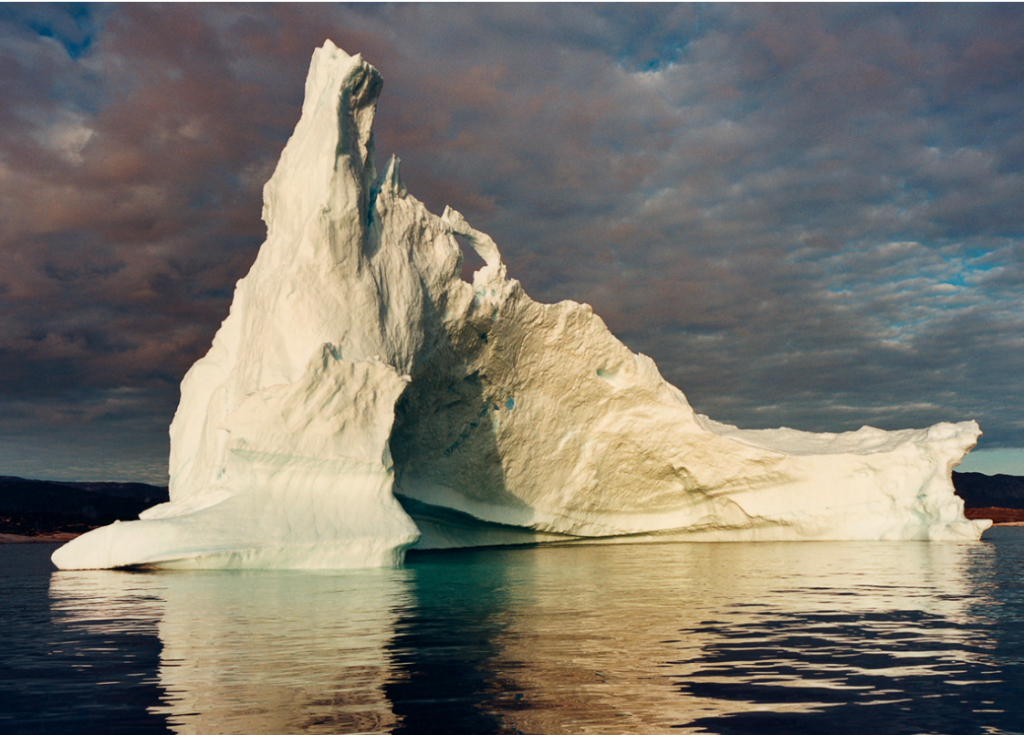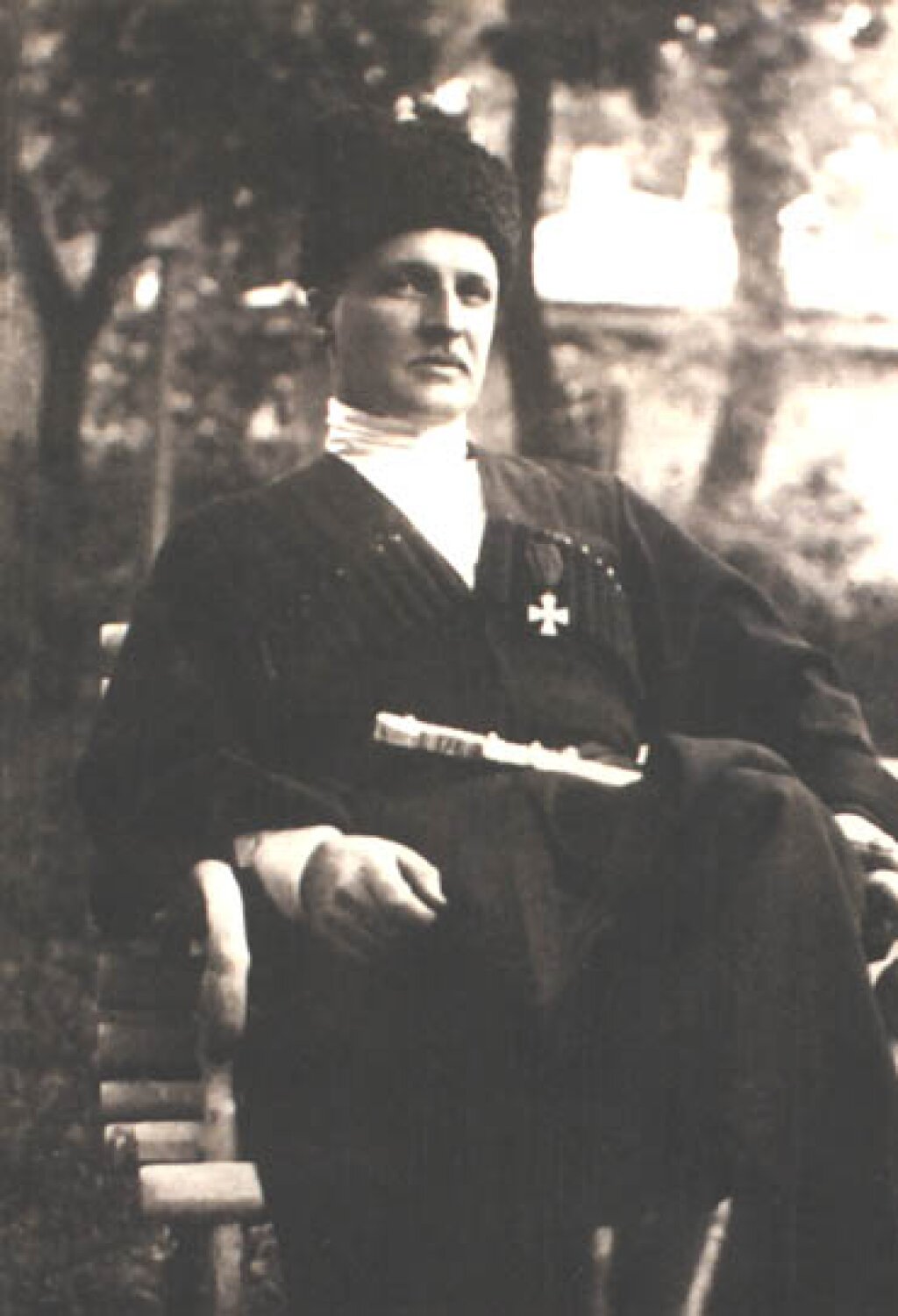The Jordan Center stands with all the people of Ukraine, Russia, and the rest of the world who oppose the Russian invasion of Ukraine. See our statement here.
Beate Steinveg is Associate Professor at the Faculty of Social Sciences at Nord University in Bodø, Norway.
The Arctic region has been characterized by peaceful cooperation and a stable political environment since the end of the Cold War. These features of Arctic governance, particularly the unusual degree of cooperation between Russia and the seven western Arctic states, have inspired the term “Arctic exceptionalism.” This phenomenon has prompted scholars to suggest that the Arctic regime is somehow resilient to, or even untouched by, international political developments or shifts in the global balance of power. State interaction in and about the region has thus been presumed to proceed largely unaffected by great-power competition elsewhere in international affairs. This situation has changed completely since Russia began its full-scale war on Ukraine on 24 February 2022.
The semi-formalized Arctic governance system is comprised of regional fora, organizations, and institutions. It is centered around the Arctic Council, which was established in 1996 by the “Arctic Eight”: the United States, Russia, Canada, Iceland, Denmark, Norway, Finland, and Sweden. In addition, six Indigenous peoples’ organizations hold status as permanent participants, and a growing number of non-Arctic states, organizations and institutions are observers to the Arctic Council.
Besides formalized fora that have contributed to setting the regional agenda and shaping Arctic governance, Arctic conferences—as informal arenas for interaction—have expanded in both number and scope since the end of the Cold War. Today, two of the largest international arenas for dialogue on the future of the Arctic are the Arctic Frontiers, which take place in Tromsø, Norway, and the Arctic Circle Assembly, held in Reykjavik, Iceland.
The Arctic Frontiers has, since its founding in 2007, put special emphasis on involving large Russian delegations in the dialogue. The Arctic Circle Assembly was established in 2013, when China and other non-Arctic states began developing an increased interest in the Arctic. The Assembly especially has offered a space for these states to promote their interests in the region and to argue for their legitimate status as stakeholders in Arctic affairs.
These and other conferences have attracted a variety of actors, including high-level politicians, sub-national government representatives, business representatives, representatives for non-governmental institutes and organizations, academics, students, Indigenous peoples, civil society participants, among others. Thus, they enable a multitude of stakeholders to shape the flow of Arctic and international affairs. In this way, conferences can be considered both tools of statecraft and tools for innovation. Sometimes, these events produce unintended consequences and can shape the preferences and interests of participating actors.
These arenas have supplemented formalized bilateral diplomacy in the Arctic region, that is, as venues for back-channel negotiations and contacts. They have also fostered collaboration by generating feedback and facilitating information- and knowledge-sharing. One important function has been to facilitate interactions at lower levels of government and among scientists and academics from Russia and the West. These informal collaborations have helped ameliorate East-West tensions in the Arctic during political conflicts and periods of international turbulence
Arctic conferences have also been beneficial for the Russian government, which has utilized these platforms not only to engage with the other western Arctic states, but also to promote its own interests, policies and perspectives in the region while demonstrating Moscow’s commitment to international cooperation. For instance, the Russian International Arctic Forum, which promotes issues such as oil, gas, and shipping, has been attended by government representatives from all western Arctic states. The conference has been an additional communication channel for President Putin, who has used it to commit Russia to international cooperation in, and environmental protection of, the Arctic.
Through a combination of formal and informal means, Russia has pursued a dual track in its Arctic policy. On the one hand, the state has voiced its commitment to protecting the environment, addressing the impact of climate change, and promoting sustainable economic and social development in the region. These goals were reflected in Russia’s Arctic Council chairmanship from 2021 to 2023, which had the overarching theme of “responsible governance for a sustainable Arctic.” On the other hand, Russia has pursued economic and especially military opportunities, maintaining and strengthening Russia’s regional bases, martial capabilities, and training exercises—all part of President Putin’s vision of restoring Russia’s “great-power” status.
Before February 2022, Russia’s Arctic balancing act was largely successful. Even following Russia’s illegal annexation of Crimea in 2014, it was, for the most part, able to maintain collaborative relations with the other Arctic states. Some notable exceptions were the termination of military cooperation and the economic sanctions imposed on Russia, particularly following the downing of Malaysia Airlines Flight 17 over Luhansk, Ukraine in July 2014. The Arctic states took part in these sanctions, through the European Union, the US, and Canada.
Russia’s full-scale invasion of Ukraine has profoundly affected international relations, including the functioning of Arctic cooperation. Despite a long history of overcoming tensions among member states, Arctic governance cannot escape the impact of international developments on this scale.
In response to the war, the seven Western member states of the Arctic Council announced on 3 March 2022 that their representatives would not travel to Russia for forum meetings and would pause all participation in meetings of the Arctic Council and its subsidiary bodies. On 9 March 2022, the five Nordic states and the European Commission states of the Barents Euro-Arctic Council suspended their activities. In this way, Russia’s unprovoked attack on Ukraine contributed to undermining the regional institutional setting that Russia itself has an interest in preserving.
The same goes for informal venues for dialogue on Arctic issues, where discussions about Russia’s aggression and geopolitical tensions have been on the agenda since February 2022, and where the number of Russian delegates has been reduced. Whereas conferences previously functioned as fora where Russian and Western diplomats could meet and interact as equals, their bridge-building role has now been weakened. War on the European continent has impacted informal interactions, science diplomacy, and individual cooperation across the Arctic region as economic and environmental issues are overshadowed by military and security challenges.
Russia’s war on Ukraine has contributed to undermining the very regional institutional arrangements that Russia has a vested interest in preserving, and which had previously served Russia’s goal of becoming an Arctic “great power.” Russia’s self-inflicted isolation from the international community, particularly among Western states, has generated negative consequences for the system of Arctic regional governance by hampering international collaboration on issues of joint concern like climate change.



